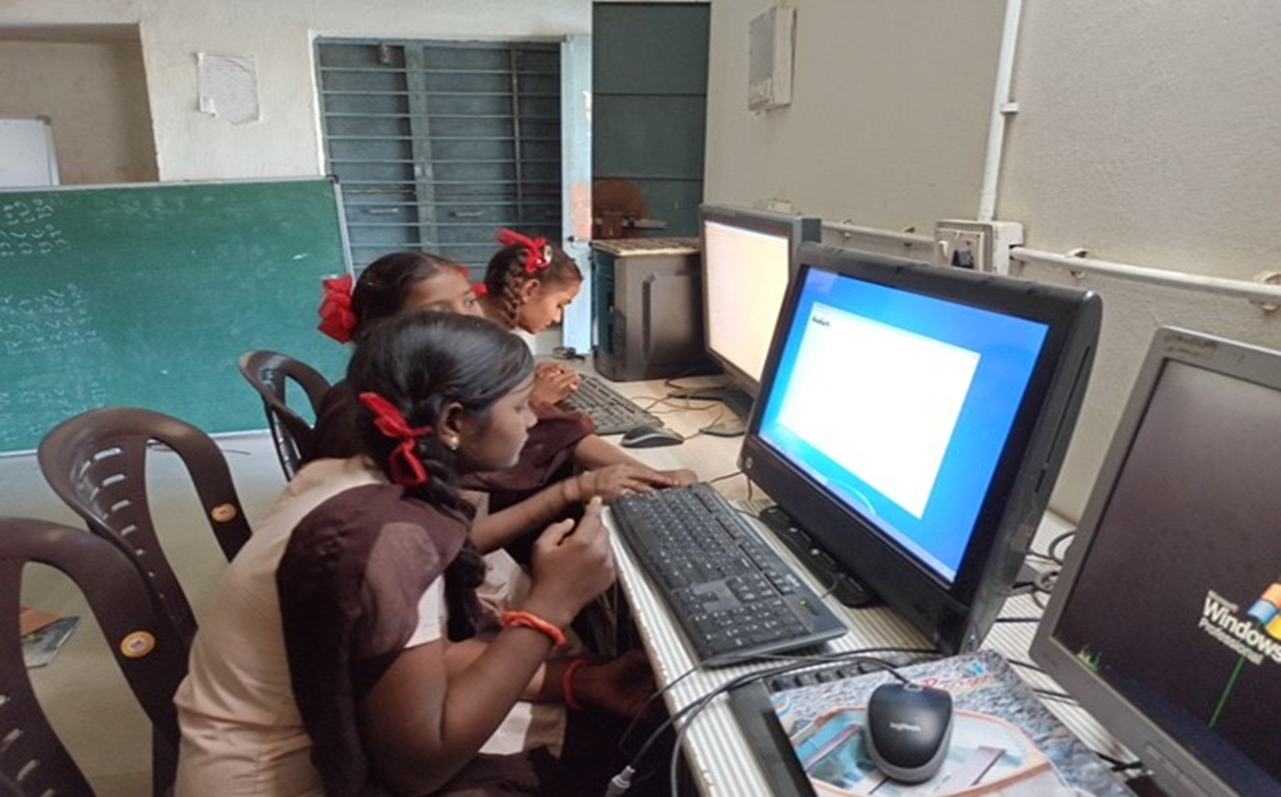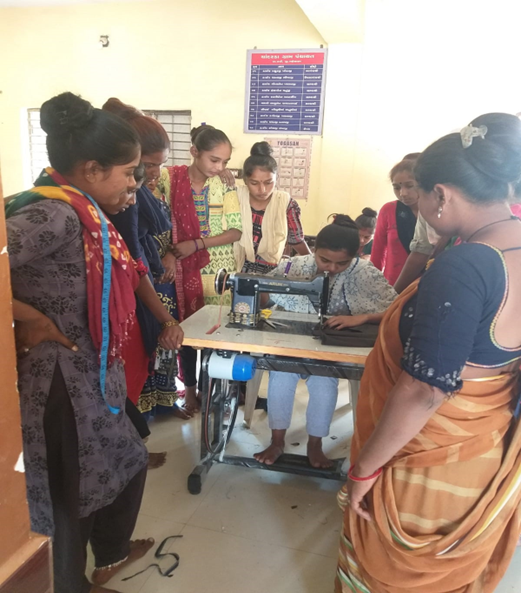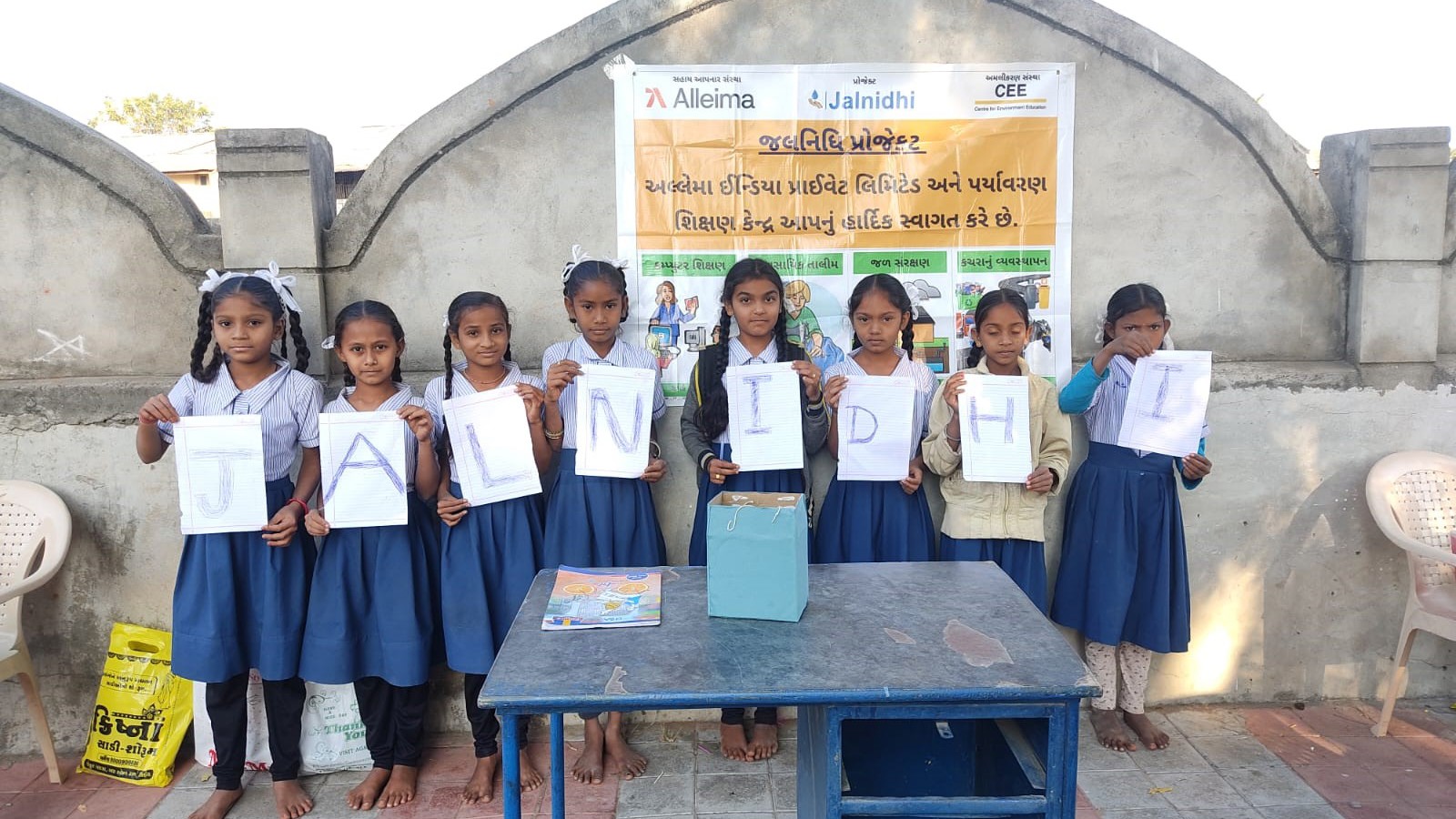We support initiatives that make important and sustainable contributions. The water conservation and advocacy program, Jalnidhi, has now entered phase two of its implementation.
Jalnidhi was launched in the year 2020 at Gujarat in the Kadi and Kalol block of Mehsana district, very close to the Alleima production unit, with a focus on education, advocacy and capacity building for management and conservation of water at the local level.
The program was rolled out with an objective of ensuring equitable and affordable access to water for the communities in the region, while integrating the program with infrastructure development, strengthening local institutions working in this space, and creating awareness around water conservation.

In the first phase of our intervention, we closely worked with the local Panchayats and government entities on building Roof Rainwater Harvesting Systems (RRWHS) promoting water conservation techniques. We built four such systems that saved up to 10, 000 ltrs of water at a time, and are now in the process of building another that has a capacity of 50,000 ltrs of water that can be used by the communities, in phase two.
We have been working with the communities to empower them in playing a part in the development of the region, by training them in waste management, segregation of waste and contributing to the overall upkeep of their own villages. 4,393 households have been supporting us in the initiatives, and across all villages, where we have our interventions.

This year, as a value addition to Jalnidhi, which is primarily a water conservation program, Alleima has additionally set up a resource center at Ghumasan, in order to run its vocational training and digital literacy classes. This was done in view of the need assessment conducted in the region and giving it a holistic approach.
While 60 women and girls have enrolled in tailoring classes, 198 school students have enrolled in computer classes. The objective of providing vocational training to women is to empower them in earning a livelihood from the skill they acquire while we aim to bridge the digital divide at the rural level with our digital literacy classes.
